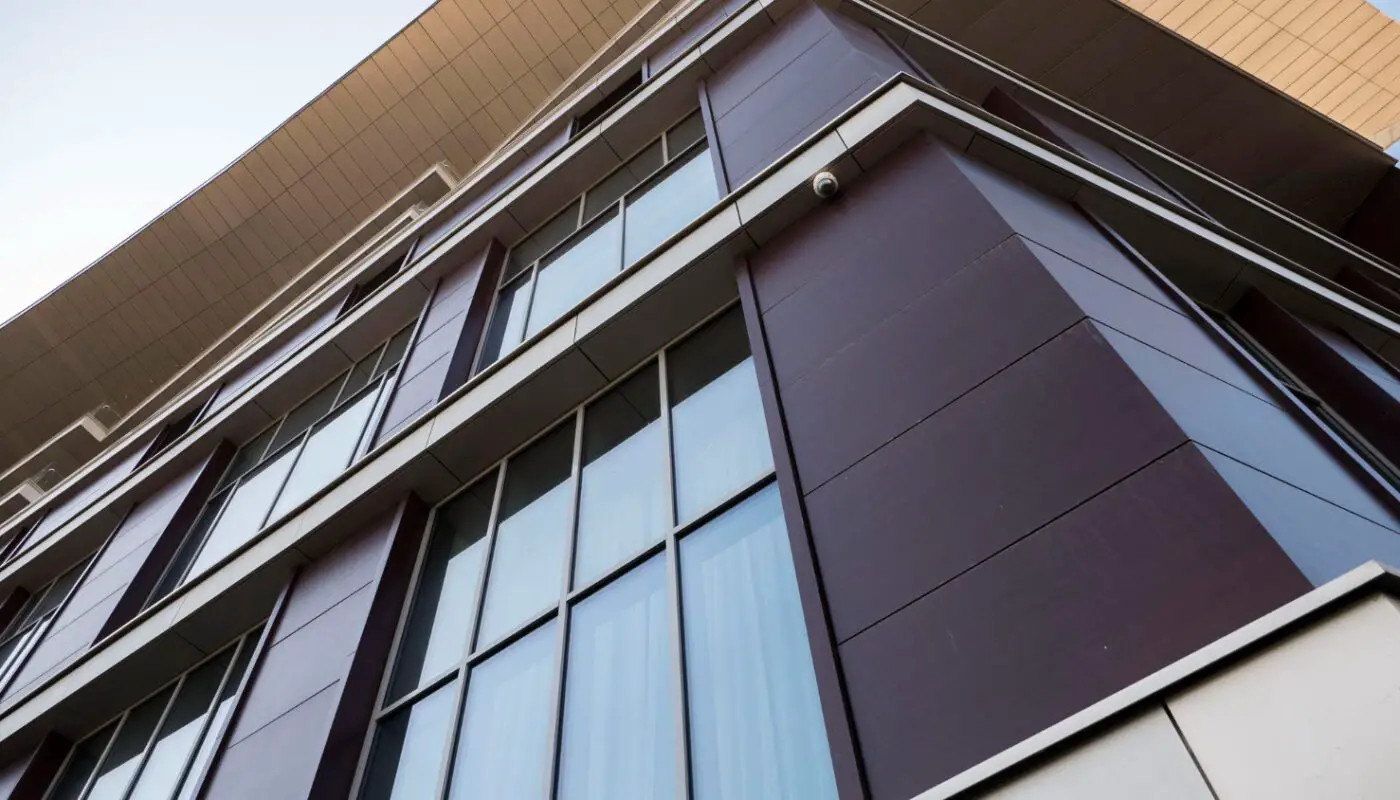As the first step in any construction process, it’s essential to have the right materials at your disposal. Emphasis must be laid on high-quality and low-maintenance materials. Among these, one option stands out brilliantly – aluminium cladding. In this article, we delve into the aluminium cladding benefits, enumerating 7 solid reasons why this material should be your top choice.
There are several cladding options out there, so why aluminium? What is it about this material that makes it a growing favorite among architects and homeowners? Why exactly has aluminium cladding been incorporated into modern architecture? Read on as we look at the 7 advantages of this material.
Table of Contents
7 Reasons to Adopt Aluminium Cladding To Your Household

1. Lightweight but Durable
Aluminium is a light material, making it easier to install and mount onto surfaces. But regardless of its lightweight nature, it’s incredibly resistant to wear and tear, extreme conditions, pests, and other harsh environments.
Therefore, you don’t have to worry about scratches, tears, peels, rots, or other forms of damage to the panels.
2. Waterproof Material
Unlike some traditional cladding materials, aluminium is highly resistant to moisture, protecting your building from water-related damage. These include the formation of moulds and leaks. At the same time, it means that aluminium cladding is a safe option for homes in coastal and riverine regions.
The fact that the cladding panels won’t absorb moisture also indicates ease in water removal after rainy seasons. In other words, your buildings won’t retain but instead, drain the excess water easily.
3. Creative Freedom
With multiple colour and finish options, there’s almost no limit to the amount of creativity you can pour into the cladding process. You can mess about with multiple hues of different shades and sprinkle on any of the numerous finishes such as metallic or woodgrain.
4. Fire Resistance
Added to its water resistance, aluminium is a non-combustible material. That means your home is also safe against the fiery element. This is especially comforting in the unwanted case of a fire accident.
It also means that aluminium cladding is great for commercial and large-scale buildings, especially in projects where non-combustibility is of utmost importance.
5. High-Quality Surface
Having impeccable resistance to two contrasting elements is great but is aluminium cladding visually appealing? Are the panels of great substance and quality? Luckily, the answers are positive, so you need not bother about the quality of the material.
It’s also available in multiple textures such as anodized, woodgrain, metallic, and brushed. These give an extra layer of aesthetics to your buildings.
6. UV Resistance
Aluminium cladding comes coated with resin, and this is vital for providing a layer of protection against the UV rays of the sun. As a result, the cladding panels get a decent finish, and the colour integrity is untouched. That way, your aluminium cladding’s colours are preserved regardless of constant exposure to sunlight.
7. Easy To Install
Due to its lightweight and flexibility, installing aluminium cladding is easy and convenient. You can bend, fold, or curve it depending on your present need, and it’ll still maintain its structural integrity. This is incredibly handy for swift installation.
Final Thoughts on Aluminium Cladding Benefits
So as you can see, there are a plethora of reasons to switch to aluminium cladding for your home and commercial buildings. With a mix of versatility, flexibility, and durability, it’s a no-brainer to use aluminium materials the next time you require cladding.
Related Reading
Affordable Ways to Modernize Your Home
How Expert Drainage Solutions Benefit Homeowners in Phoenix
Custom Built Home Design Trends – 8 Inspiring Ideas for a Modern and Stylish Residence



